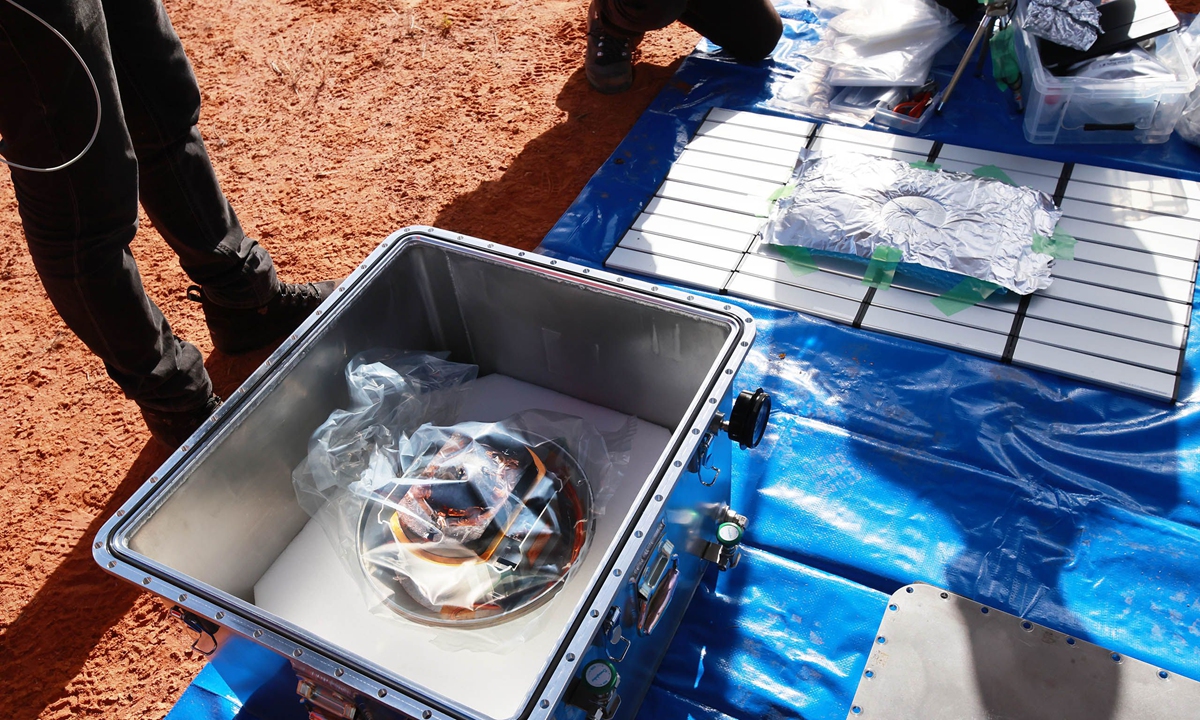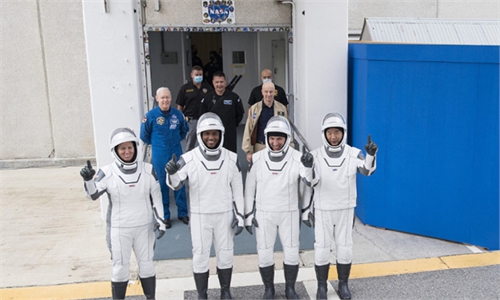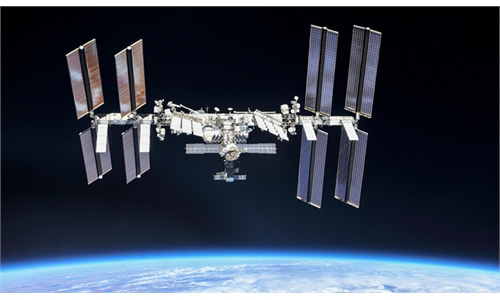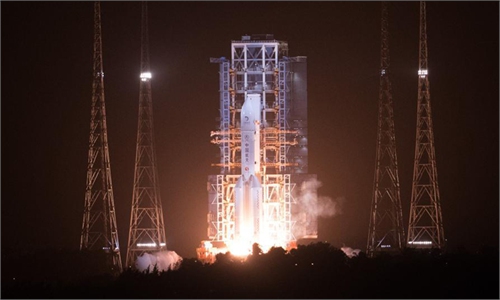‘Hayabusa-2’: Asteroid dust collected by Japan probe arrives on Earth
Asteroid dust collected by Japan probe arrives on Earth
In a streak of light across the night sky, samples collected from a distant asteroid arrived on Earth Sunday after being dropped off by Japanese space probe Hayabusa-2.

The capsule carrying samples entered the atmosphere just before 2:30 am Japan time (1730 GMT Saturday), creating a shooting-star-like fireball as it entered Earth's atmosphere en route to a landing site in Australia.
"Six years and it has finally come back to Earth," an official narrating a live broadcast of the arrival said, as images showed officials from Japan's space agency JAXA cheering and pumping their fists in excitement.
A few hours later, JAXA confirmed the samples had been recovered, with help from beacons emitted by the capsule as it plummeted to Earth after separating from Hayabusa-2 on Saturday, while the fridge-sized probe was some 220,000 kilometers away.
"We found the capsule! Together with the parachute! Wow!" the mission's Twitter account announced.
People who had gathered at a public viewing site near JAXA's office in suburban Tokyo - despite the event taking place a few hours after midnight - also erupted with cheers.
"I'm extremely happy because the capsule has returned home safely, Hayabusa-2 did a great job," a primary school boy said.
The capsule was recovered in the southern Australian desert, and will now be in the hands of scientists performing initial, noninvasive analysis including checking for any gas emissions.
It will then be sent to Japan.
The samples were collected by Hayabusa-2, which launched in 2014, from the asteroid Ryugu, some 300 million kilometers from Earth. The probe collected both surface dust and pristine material from below the surface that was stirred up by firing an "impactor" into the asteroid.

This handout photograph taken and released by the Japan Aerospace Exploration Agency (JAXA) on December 6, 2020 shows the recovered re-entry capsule, carrying samples collected from a distant asteroid after being dropped off by Japanese space probe Hayabusa-2, following its landing in South Australia. Photo: VCG
Scientists hope the precious samples, which are expected to amount to no more than 0.1 grams of material, could help shed light on the origin of life and the formation of the universe.The capsule carrying samples entered the atmosphere just before 2:30 am Japan time (1730 GMT Saturday), creating a shooting-star-like fireball as it entered Earth's atmosphere en route to a landing site in Australia.
"Six years and it has finally come back to Earth," an official narrating a live broadcast of the arrival said, as images showed officials from Japan's space agency JAXA cheering and pumping their fists in excitement.
A few hours later, JAXA confirmed the samples had been recovered, with help from beacons emitted by the capsule as it plummeted to Earth after separating from Hayabusa-2 on Saturday, while the fridge-sized probe was some 220,000 kilometers away.
"We found the capsule! Together with the parachute! Wow!" the mission's Twitter account announced.
People who had gathered at a public viewing site near JAXA's office in suburban Tokyo - despite the event taking place a few hours after midnight - also erupted with cheers.
"I'm extremely happy because the capsule has returned home safely, Hayabusa-2 did a great job," a primary school boy said.
The capsule was recovered in the southern Australian desert, and will now be in the hands of scientists performing initial, noninvasive analysis including checking for any gas emissions.
It will then be sent to Japan.
The samples were collected by Hayabusa-2, which launched in 2014, from the asteroid Ryugu, some 300 million kilometers from Earth. The probe collected both surface dust and pristine material from below the surface that was stirred up by firing an "impactor" into the asteroid.



